Diaspora Jewry joins Israeli voices seeking judicial compromise
June 15th, 2023

By Rabbi Alan Silverstein, Ph.D. MERCAZ Olami, President
Israeli society is divided between proponents of and opponents to a proposed judicial reform program. Demonstrations and counter-demonstrations are taking place with unprecedented frequency and magnitude.
This is not a conflict between the Right and the Left; it is, rather, a competition between the party in power and the parties leading the opposition. A similar pattern was evident during the 29 years of Menachem Begin’s term as head of the Herut party, when he led the opposition to the dominant Labor Party of David Ben-Gurion in the Knesset.
At that time, Begin said, “We have learned that an elected parliamentary majority can be an instrument in the hands of a group of rulers and act as camouflage for their tyranny.” As protection against possible abuse by the Labor Party, Begin insisted upon “the supremacy of the law [as] expressed by a panel of independent judges.” The High Court, he said, must “decide, in the case of a complaint, whether the laws made by the Knesset…abide by the fundamental [basic] laws or contradict the rights of the citizen that are stated in that law.”
Currently, it is the Center and the Left that are out of power. The judiciary is the guarantor of their constituents’ rights as minorities. The opposition fears that the Knesset and the prime minister will also gain control of the courts. Democracy’s system of checks and balances, as embodied by the executive, legislative, and judicial branches of government, would be impaired should this come to pass. Rabbi Gilad Kariv, Labor Party MK, explained in a talk at the Park Avenue Synagogue in Manhattan that consensus reform of the judiciary under consideration is appropriate, but it cannot occur with haste and/or with one side imposing its will.
A wide range of issues are at stake:
- The ethnic: balance of court appointments in regard to Ashkenazi and Mizrachi
- The ambiguity of current “unreasonableness” court criteria for decision-making
- Refining the scope of “judicial review” of Knesset action
- The role of government-appointed legal advisors to ministers
- Protection of minority rights (women, members of the LGBTQ community, non-Orthodox Jewish streams, Arab citizens, etc.)
- Preventing the politicizing of the selection of judges
- Retaining checks and balances among the branches of government
Hundreds of thousands of concerned Israeli citizens are out in the streets each and every Saturday night. They are patriotic citizens, wrapped in Israeli flags, listening to impassioned speeches, and sharing concerns about the country’s future.
Passions have become so elevated that Orthodox Rabbi David Stav, the moderate founder of Tzohar — the organization of over 800 Orthodox rabbis that aims to bridge the gaps between religious and secular Jews in Israel — on Rosh Hodesh Nisan called for a communal fast. “We ask for prayer, for a cry, a fast so our leaders find the way to continue this tremendous project which is the State of Israel… We will pray…so that, God willing, we will know how to emerge from this great crisis.”
Calls for compromise have been espoused by Israeli leaders of the Center, Center-Right, and Center-Left. A statement issued by the centrist Israeli Masorti movement on March 27 said, “We join the ‘Agreement Tent’ outside the Knesset…. We will demand time and again: yes to dialogue, no to civil war.”
Israel’s nonpartisan president, Isaac Herzog, articulated the fear of what emerges in the absence of compromise: “I’ve heard deep hatred. I’ve heard people from all sides say that, God forbid, if there’ll be blood in the streets, it will no longer shock them…. Right now, in the 75th year of the State of Israel, the abyss is in reach, [but] civil war is a red line. I will not let it happen, at any cost, by any means.”
Herzog’s call for negotiations between proponents and opponents was seized by Prime Minister Netanyahu as a lifeline when outrage followed his dismissal of Defense Minister Yoav Gallant, who had warned that the societal rift over the judiciary was impairing the IDF. Recognizing his error in dismissing his defense minister, Bibi made amends with Gallant.
He then called for a hiatus in judicial reform activity. Instead, he convened negotiations under “the good offices” of President Herzog. Bibi acknowledged “the enormous tension that is building between the two camps, the two parts of the nation. I am attentive to the desire of many citizens to relieve this tension.”
In the prime minister’s words, “We are on the path toward a dangerous collision in Israeli society…that endangers the basic unity between us. Such a crisis requires us all to act responsibly.”
Leading the polls as a result of his calls for moderation, Benny Gantz reflected a similar view. As National Unity party chairman, Gantz pledged to enter into good-faith negotiations addressing all issues. He stated that “the current coalition has full legitimacy to make decisions, but these should be made in a broad and nationwide manner, [since] they touch the heart of the administrative system.”
So, too, has Yair Lapid of Yesh Atid, head of the opposition, acknowledged the wisdom of compromise, which he called “the only possibility for finding [an in-common] solution.” He tweeted that he supported President Herzog’s efforts “to formulate a real, balanced, and considered proposal to correct and improve the judicial system and to regulate the relationship between the judiciary and the legislature.”
Both Gantz and Lapid acknowledged poll data affirming that the majority of Israelis seek a sane centrist agreement. They said that they know “the majority of the public prefers talking [under Herzog’s structure] to leaving the room.”
Caution was evident too in pronouncements by sectors of the Religious Right, such as that of Rabbi Aryeh Deri, leader of the Shas party. Although a critic of the court system, Deri expressed fears of damage to the fabric of Israeli society unless cooler heads prevail. “We’re doing everything we can so that it will be in agreement and dialogue” with the opposition, he said. Cautionary words have also been uttered by moderate Orthodox spokespersons. For example, Efrat’s Rabbi Kenneth Brander noted that, “for the first time in my life, I fear this collapse and the rift between our two Jewish communities” — religious and secular, Right and Left.
Calls for compromise from Diaspora leaders have been growing as well. Leaders of Mercaz — Conservative/Masorti Judaism’s global Zionist arm — have called for careful, planned-out negotiations. They said in a statement: “We commend President Herzog for hundreds of hours of high-level consultations. His resulting ‘People’s Plan’ offers a serious, responsible framework to resolve the unprecedented crisis facing Israel’s democracy and society…. We strongly support Isaac Herzog’s efforts to bring about a broad consensus to preserve Israel’s foundations as a Jewish and democratic state and to heal the deep rifts in Israeli society.”
Reflecting a similarly centrist position was the strong approval of a World Zionist Congress resolution composed by Rabbi Lea Muhlstein, leader of Reform Judaism’s Arzenu. The resolution called for careful process and compromise in resolving the judicial reform impasse:
“The Zionist Congress believes that change in the State of Israel’s judicial structure can only happen through broad public agreement, as the outcome of true and open dialogue and as part of a process of healing societal rifts across all of Israeli society.
“The Zionist Congress calls upon the government to reach consensus agreements that will bolster the democratic nature of the State of Israel and the checks and balances in the structure of government, while providing protection for human rights, minorities, and women.”
Speaking on behalf of Israelis and Diaspora Jews alike, Yedidia Stern, president of the Jewish People Policy Institute, concurred, urging that the judiciary not be politicized and insisting that minority rights be protected. Nevertheless, “new ideas can be broached regarding the proper set of powers granted to the court.”
As Israel celebrates its 75th year, let the majority of Diaspora supporters of the Jewish state rally around President Herzog’s efforts toward a consensus standard for judicial reform.
This Op-Ed was originally published in The Times of Israel




